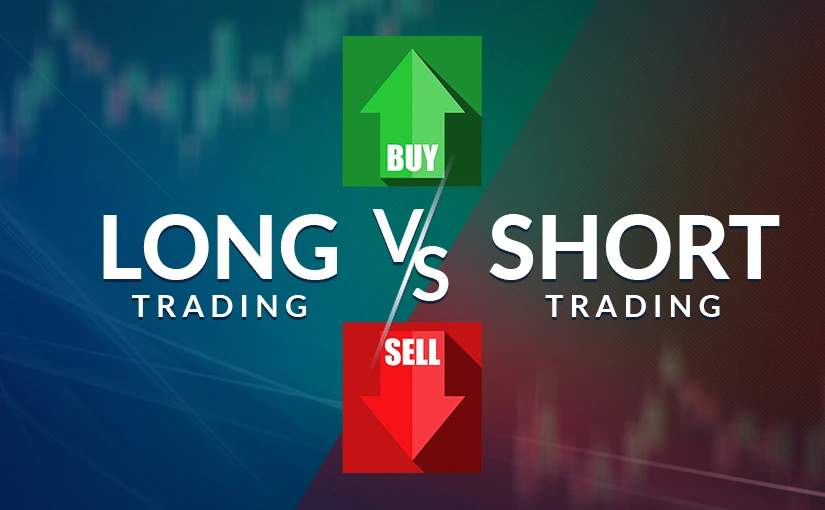Long vs Short: What These Trading Terms Really Mean (And Why It Matters)
Long vs Short: The Basics Everyone Should Understand
If you’ve ever dipped your toes into the world of trading—stocks, crypto, whatever—you’ve probably heard the terms long vs short tossed around like everyone knows exactly what they mean. But if you’re being honest with yourself… do you really know? Like, really?
Sure, you might have a vague idea that going long means betting the price will go up, and short means the opposite. And yeah, that’s technically correct. But there’s more to the story, and if you’re trading—or even just watching from the sidelines—you’ll want a firmer grip on these strategies.

Going Long: The Classic “Buy Low, Sell High”
Let’s start with the familiar one: going long. This is the more intuitive strategy and probably the one your uncle swears by. It’s simple—buy something now, hold it while its value (hopefully) increases, then sell it later for a profit.
It’s kind of like flipping a house… but with stocks or assets instead of drywall and paint. You believe something will rise in value, so you commit cash to it today, ride the wave, and (ideally) cash out at the top. No rocket science here.
Most long-term investors go long by default—especially in bull markets. Why? Because historically, most markets do go up over time. It’s a steady, relatively low-risk move compared to its counterpart.

Going Short: Betting on the Drop
Now, going short—this one’s a bit weirder. And if you’re new to this world, it might sound… backwards. When you short something, you’re selling it before you even own it. How? You borrow the asset (like shares) from a broker, sell it immediately at the current price, then hope the price drops so you can buy it back cheaper and return it. Your profit is the difference.
It’s not quite witchcraft—but it is risky. While your gains are capped (because the asset can only fall to zero), your losses? Technically unlimited. If the asset price goes up instead of down, you still have to buy it back—now at a higher price.

That’s why shorting is often used by more seasoned traders or during market downturns, when there’s a clearer case to bet against a company or asset. Think of big hedge funds shorting weak stocks, or that whole GameStop saga where short sellers got absolutely torched.
Long vs Short: Two Sides of the Same Coin
When it comes to long vs short, it’s really not a matter of good vs bad—it’s more like heads vs tails. They’re just different tools for different situations. Long is optimistic. You’re rooting for something to succeed. Short is skeptical—you’re betting against it.
Some traders even play both sides of the fence at once, using a combination of long and short positions to hedge risk. That’s how hedge funds operate: they might go long on a strong company in a sector and short a weaker competitor in the same space. It’s strategic—almost chess-like.
Still, for retail traders or beginners, most people start with long positions. Why? Because shorting takes more capital, more timing, and a stronger stomach for volatility. It’s not just about “guessing right”—you’ve got to move fast when the market moves against you.


So, Should You Go Long or Short?
That depends. On the market. On the asset. On you. There’s no one-size-fits-all answer here, even if some influencers on YouTube try to sell you one.
Going long is generally safer and easier to manage—great for building wealth over time. Going short can be powerful, especially during downturns or hype bubbles… but it comes with a big ol’ warning label attached.
Here’s the thing: understanding long vs short isn’t just about placing the right trade. It’s about knowing what tools are available to you—and when to use them. And even if you never place a short in your life, knowing what it is helps you better understand market behavior, sentiment, and the risks others are taking.

Because, let’s be honest—knowing how people win and lose money out there? That’s kinda the whole game.
Final Word on Long vs Short
At the end of the day, whether you’re going long or short, it’s not about being right all the time—it’s about knowing the game you’re playing. The terms long vs short aren’t just trading jargon—they’re foundational ideas that shape entire strategies and market narratives. Know them, use them wisely… or at least, recognize when someone else is playing one side hard.
Relevant news: here



